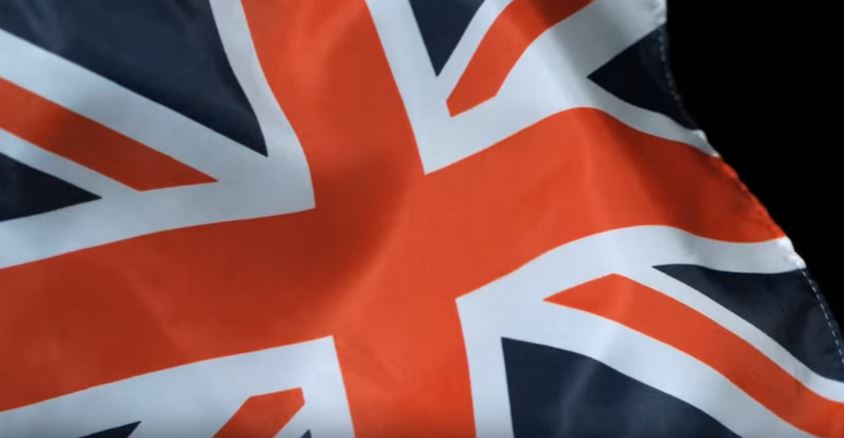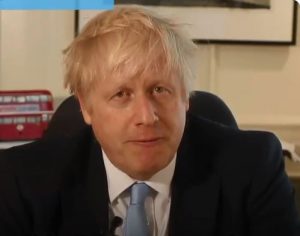
BBC: The government’s bid to extract the UK from EU law in time for Brexit has passed its first Parliamentary test.
MPs backed the EU Withdrawal Bill by 326 to 290 in a late-night vote despite critics saying it represented a “power-grab” by the government.
The bill, which will end the supremacy of EU law in the UK, now moves onto its next Parliamentary stage.
Ministers sought to reassure MPs by considering calls for safeguards over their use of new powers.
Prime Minister Theresa May welcomed the Commons vote in the early hours of Tuesday morning, saying the bill offered “certainty and clarity” – but Labour described it as an “affront to parliamentary democracy”.
Having cleared its second reading hurdle, the bill will now face more attempts to change it with Conservative MPs believed to have tabled new amendments.
Previously referred to as the Great Repeal Bill, the EU Withdrawal Bill overturns the 1972 European Communities Act which took the UK into the then European Economic Community.
It will also convert all existing EU laws into UK law, to ensure there are no gaps in legislation on Brexit day.
Critics’ concerns centred on ministers giving themselves the power to make changes to laws during this process without consulting MPs.
The government says it needs to be able to make minor technical changes to ensure a smooth transition, but fears were raised that ministers were getting sweeping powers to avoid Parliamentary scrutiny.
More than 100 MPs had their say over the course of the two-day second reading debate.
Amendments tabled
Labour, which denounced the “vague offers” of concessions, mostly voted against the bill.
Former Lib Dem minister Sir Ed Davey said giving ministers the extra powers they sought would be “tantamount to the temporary abolition of this House”, while Labour MP Stephen Kinnock said it would turn members from “legislators into bystanders wholly dependent on the benevolence of ministers”.
Summing up the debate, Justice Secretary David Lidington said some of the criticism had been “exaggerated up to and beyond the point of hyperbole”.
He said the bill would “enable us to have a coherent and functioning statute book” on the day the UK leaves the EU.
The bill now receive line-by-line scrutiny in its committee stage.
BBC political editor Laura Kuenssberg said Conservative MPs concerned about the legislation had already tabled a number of amendments to “remove the excesses of the bill” and to “make considerable improvements”.
These include limiting the use of delegated powers, giving Parliament the “final say” on the EU withdrawal agreement and restoring the EU Charter of Fundamental Rights.
One MP told the BBC: “We hope MPs from all parties who share our concerns and aims to make the bill fit for the purpose of delivering a smooth Brexit will add their names.”
SNP MPs, who also voted against the bill, said powers over devolved issues would be seized by Westminster as they were returned from Brussels.
But Mr Lidington denied this, predicting it would result in a “significant increase” in the powers exercised by the devolved administrations.
Seven Labour MPs defied Jeremy Corbyn’s order to oppose the bill – Ronnie Campbell, Frank Field, Kate Hoey, Kelvin Hopkins, John Mann, Dennis Skinner and Graham Stringer.
No Conservatives voted against it.




